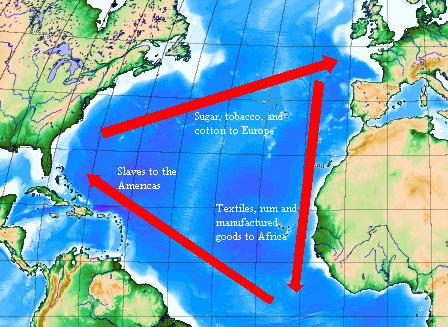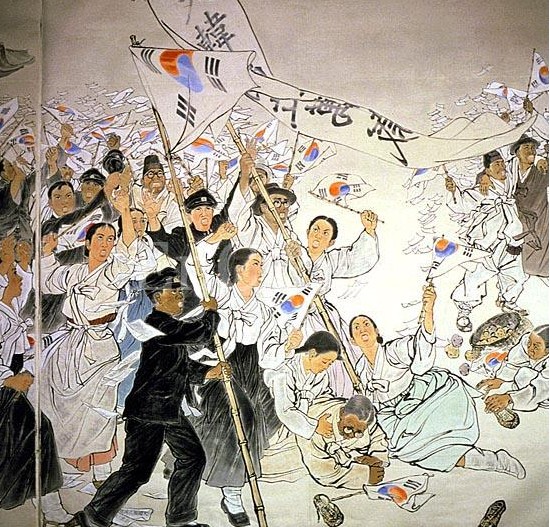Positive Effects
New technology, brought new religion, better farming methods, universal language, trade routs, roads, health, care, curing sicknesses
New Technology
Colonialism brought modernization to regions that were technologically underdeveloped. Modernization projects included building railroads for open trade, needed medical advancements and schools providing a modern education. These advances helped underdeveloped nations improve their global status as centers for trade.
Colonialism brought modernization to regions that were technologically underdeveloped. Modernization projects included building railroads for open trade, needed medical advancements and schools providing a modern education. These advances helped underdeveloped nations improve their global status as centers for trade.
e.g. Heugseon Daewongun was a regent of Joseon during the minority of King Gojong in the 1860s
and until his death a key political figure of late Joseon Korea. His main
policy was seclusion, which means keeping the tradition and blocking all of
religion, culture, or thought coming from other countries. However, due to the
Japanese's colonization, Korea was able to take a step to modern society.
America can be one of examples too. While European use gun powder and cannon,
American natives use spear and bow. Since European gave them new technologies,
they are able to develop themselves.
Ending of Poor Tradition
After India was colonized, the long-standing practice of Sati was finally abolished. Sati was the practice where the first wife of a deceased husband would throw herself, or be thrown, onto the funeral fire with her husband as a show of mourning. It was not until the colonization of India that the rest of the world learned about the practice and moved to outlaw it.
High Quality of Education
The improvements to education provided an opportunity for colonized students to compete with foreign students in fields including literature, art, math and science.\
Negative
Effects
Enslaved
people, destroyed culture, killed people, made the people
poor, took resources, made country borders that brought wars
Segregated Benefits
Many of the benefits of colonialism,
such as education, were restricted to specific classes of individuals, usually
based on skin color or ethnic origin.
e.g. The extreme racial segregation in
South Africa, known as the apartheid, is a partial result of African
colonialism. The education segregation left an economic disparity in South
Africa that resulted in continued segregation after the colonial period and a
legacy of poor civil rights and human atrocity.
Resource Drain
One of the primary goals of colonialism
was the establishment of a resource-generating system through which natural
resources from colonized regions were gathered and traded by the colonizing
nation. This process reduced the availability of natural resources in the
colonized nations, leading to times of hunger, poverty and need. Some colonies
were heavily farmed, with food stores shipped to feed populations elsewhere
while locals survived on less. Further, this created a system where a colonized
country could be farmed for its natural wealth, but receive no monetary
benefits.







